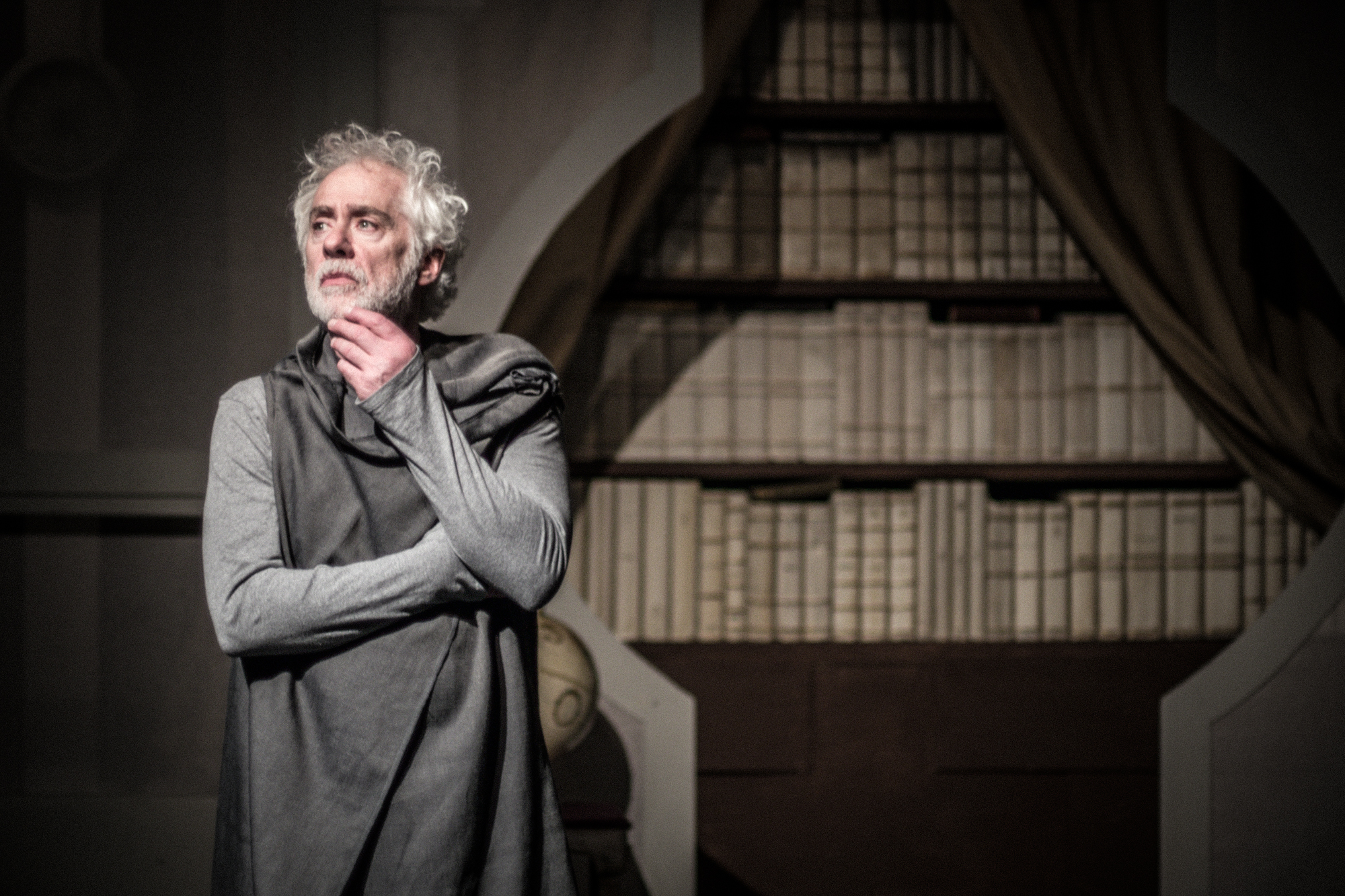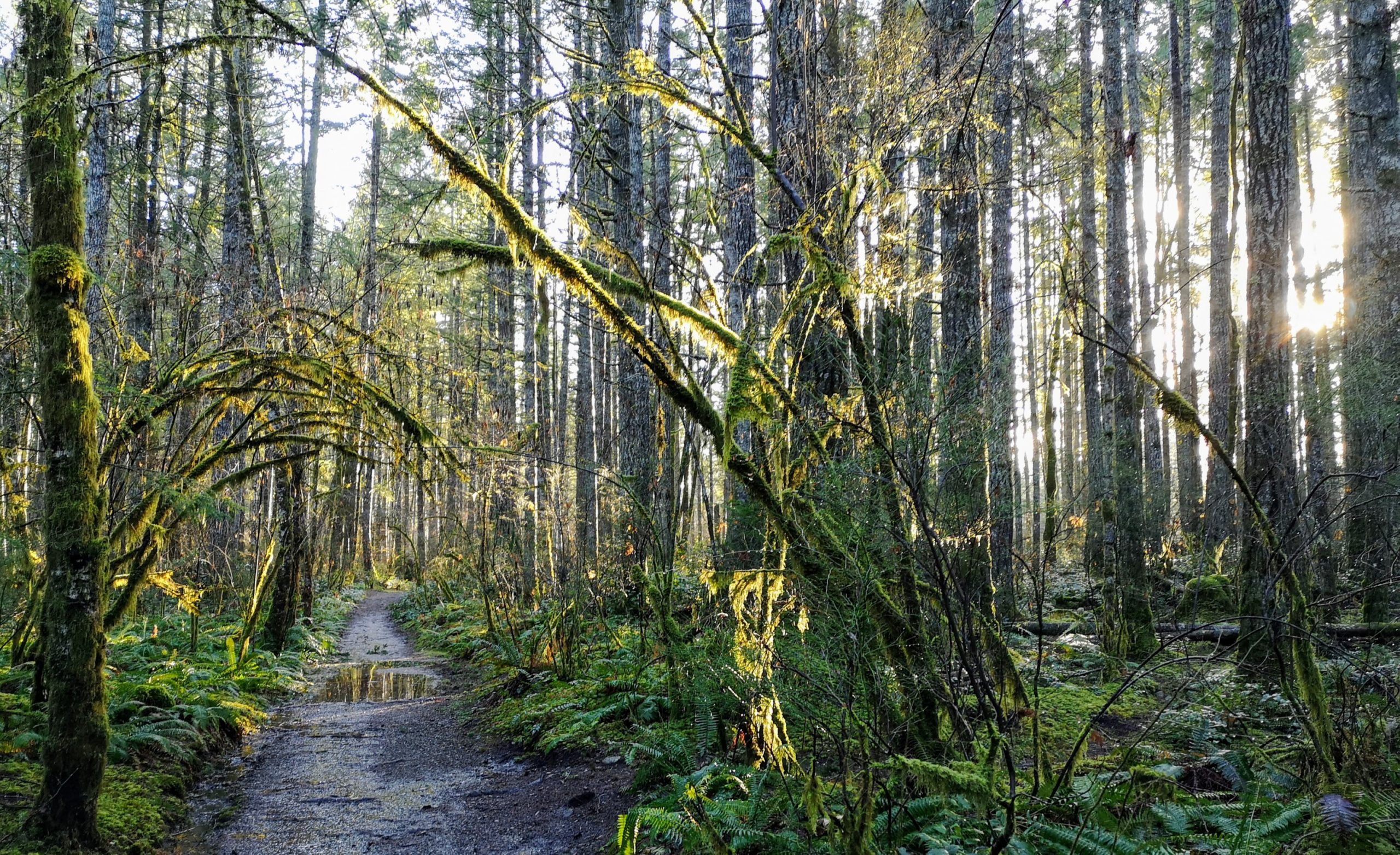Audio Version
We all want to feel safe, and there are many places in our lives that can provide that feeling. Feeling safe affects our well-being on all levels, from the primal to the emotional to the intellectual. Many of us rarely have the opportunity to let down our protective barriers or relax our emotional suppression; to wear our vulnerability on our sleeves. How often do we truly offer, without reservation, to be and hold that sacred safe space for others?
As a shy and observant child, I witnessed the frequent ridicule and shaming of classmates who were awkward, a little different, free-spirited, sensitive, or otherwise dared to step outside the bounds of “normal” — an idea that no one really knew about, but the group could somehow intuit and thus fashion into a psychological weapon. Interestingly, it was similar for those who were intelligent, well-read, or excelled in intellectual pursuits. To stand out or be exceptional in any way involved taking a significant risk. Unconscious, predatory group dynamics would take over from there, and if you couldn’t stand up for yourself — if you couldn’t just brush it off or fall in line — happy misery and confusion to you.
Children are cruel, but that is normal, right? I understand that learning how to deal with all of life’s challenges is an important part of growing up. I would argue, however, that many of us are not equipped with the best tools to weather the inevitable storms. So we capitulate to the pressures, subdue our eccentricities, and force ourselves to conform — at the expense of things we won’t realize we risked or repressed until years later.
There are so many false dichotomies in the compulsory education, public school sphere that seem ridiculous to me now, all of which were exacerbated by the raging hormones and utter mélange of emotional instability introduced biochemically during the adolescent phase of life. To put it lightly, I didn’t always feel safe — safe enough to be myself — but I could pretend. I discovered ways to stay under the radar, or to blend in. At the time, I had no idea I was doing it. I tried dating, but I was extremely awkward and insecure around girls; if I fell, I fell hard! I enjoyed and excelled at sports, so it was a simple way for me to make friends and feel safe. It was perfectly acceptable to score goals, win tournaments, or compete for the cup.
In music class, I would quietly play just well enough not to be noticed, despite the fact that my spirit was full of flourishes and ideas begging to be expressed (even on that damned clarinet; there were already two drummers and a keyboardist). I did slip in some creative nuances once or twice, much to my music teacher’s surprise, but when he noticed, I nearly imploded into a self-generated singularity.
Elsewhere, there were usually a few people who were as smart or worked just a little harder than me, so I didn’t have to worry about being at the top of the class — a horrible, self-sabotage pattern that would stick with me well into adulthood; the practice of “good enough” would become a constant, unconscious barrier to achieving anything masterfully, or wanting to be noticed for what I did put out into the world.
Later in life, I learned to appreciate those who had purposefully created safe spaces for people like me — those who were creative, introverted, sensitive, curious, artistic, and desperate for ways and means of self-expression — without too much external disruption or coercion.
I found community theater to be surprisingly enjoyable. These creative spaces foster an open, supportive, and inclusive environment, providing opportunities for individuals to learn and develop skills relevant to their everyday lives. I wholeheartedly recommend it, whether you want to be an actor or not. There are also many important jobs off-stage. I discovered it later in life than most. Happily, what I’d seen was that many children, youth, and adults of all ages had discovered (and come to rely on) a safe place to just be themselves — which is such an important thing for all of us to have and enjoy.

This sense of safety is a precious, powerful thing. Once we’re out of the womb, we want it in all our relationships. We suffer greatly in our search for it, unable to express, or even understand, the specific needs that can only be met by those who speak our unique love languages. We often forget how much we can influence those who cross our path in life. We are unaware of someone’s desperate need for any kind of connection in order to normalize and feel human again — and some may find it difficult to ask for help. We are all responsible for setting healthy boundaries and, if necessary, removing ourselves from unhealthy or dangerous situations. Nonetheless, it doesn’t hurt to be a little more kind, considerate, and compassionate overall.
Our corporate, competitive, consumerist culture has destroyed the nuances and abilities to feel anything remotely safe. We’re taught to be on guard, to conceal our true feelings, to sell and promote, persuade and cajole, and to notice and discern means and methods of gaining an advantage. Fierce individualism has created a reality in which we are strangers even to our closest neighbors; lock your doors and windows, and activate the iPhone-compatible spy cameras! In direct response to generations of maligned energies in business and academia, the market birthed an entire “self-help” era.
So here we are, living in an era of massive systemic collapse: ecological, economic, political, and social uncertainty, emotional and spiritual recapitulation, and sexual reconciliation. There are numerous reasons to feel very unsafe.
Be real. Live with truth and integrity. Be patient with yourself, and communicate and collaborate with your fellow citizens of the Earth. Building our innermost capacities for discernment and compassion, as well as aligning with kindred communities, provides us with safety and security. You are not alone.
Solvitur ambulando
